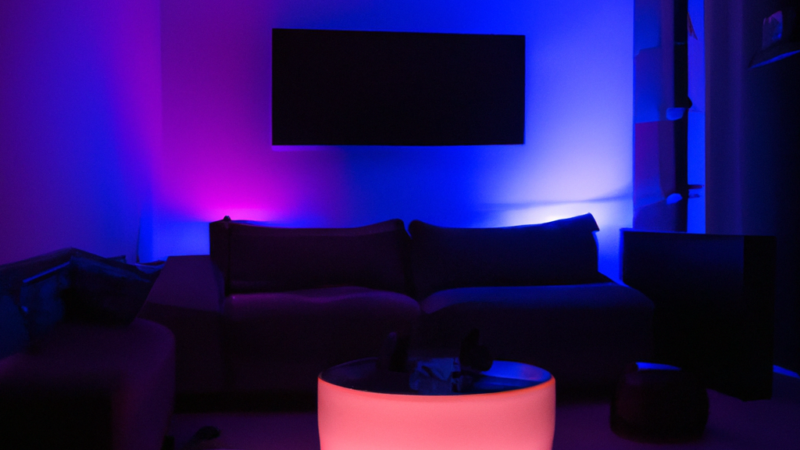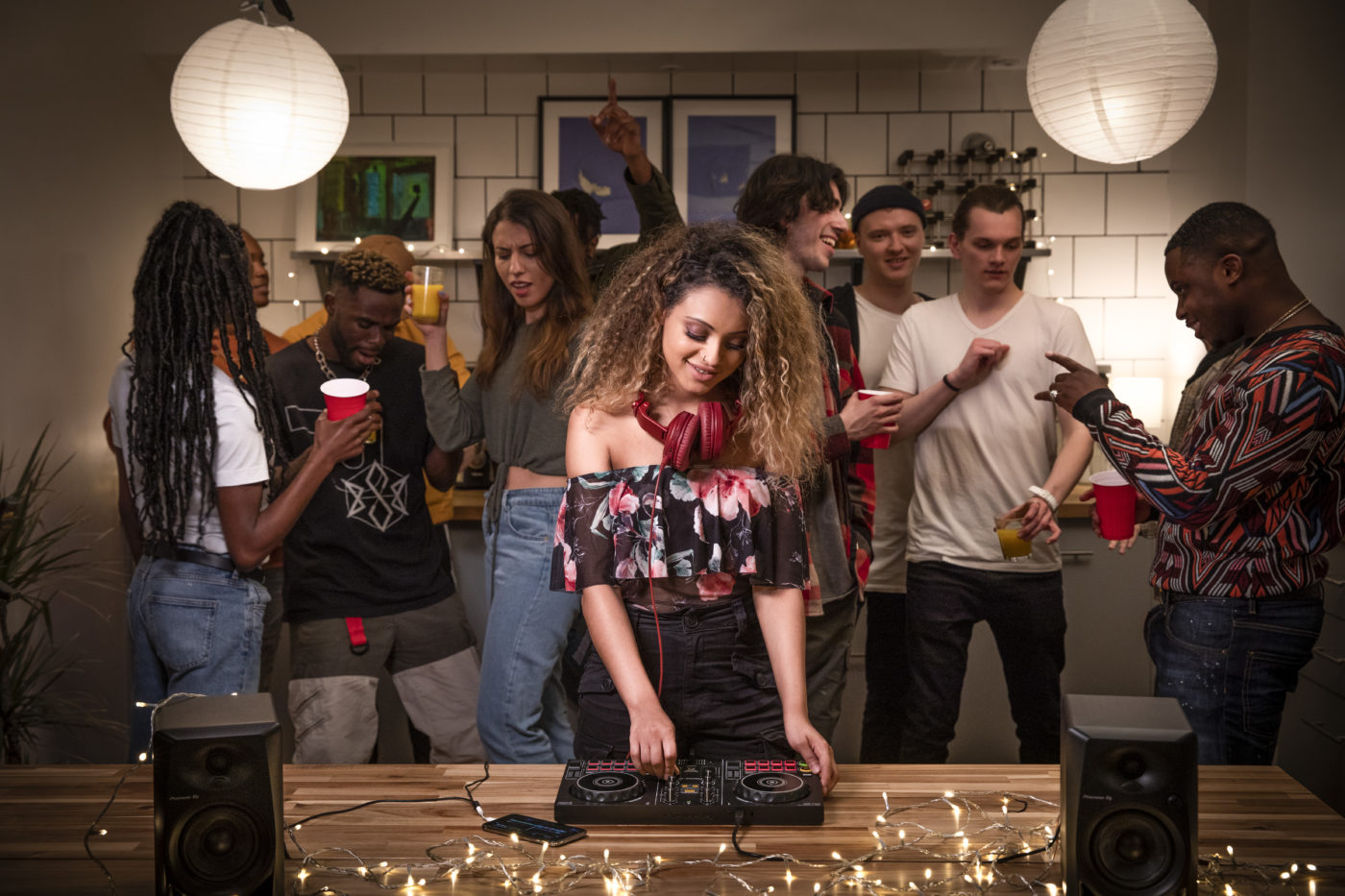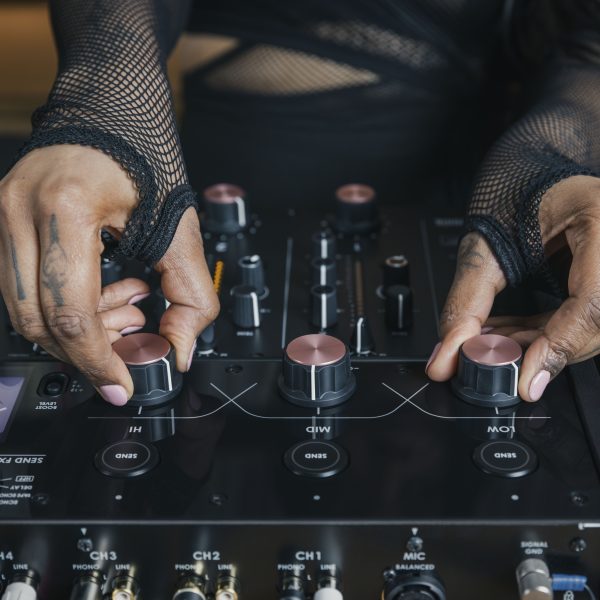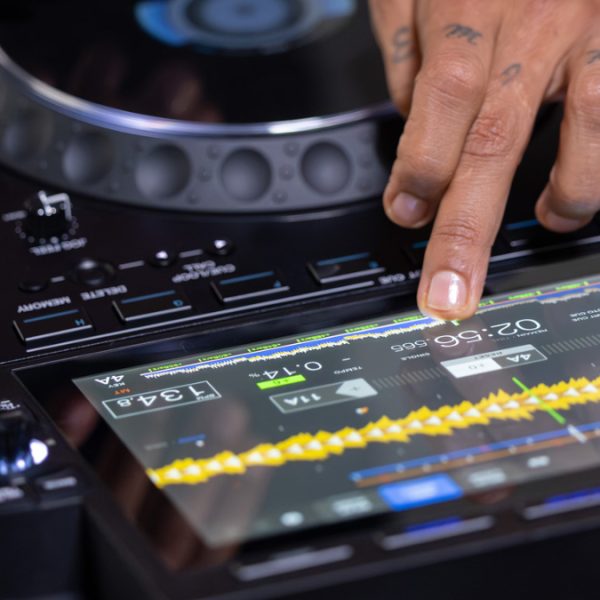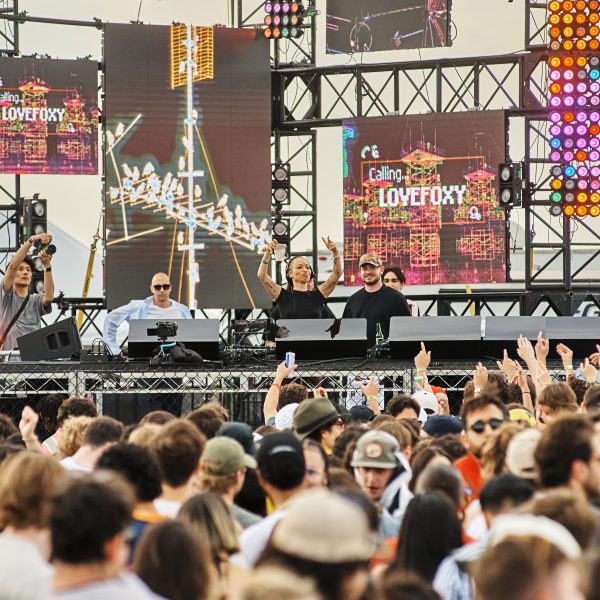Intimate setting, eclectic tunes
If you know how to roll with it, though, this down-to-earth aspect is what makes house parties special. In most clubs, there’s an expectation of a kind of rolling high energy that’s best achieved with, well, club music of one description or another. At a house party you’re less restricted. You can play whatever music best suits your mood and the atmosphere of that moment.
If no one’s there yet, play like you’re alone. When one person turns up, play for yourself and that person. Draw from whatever sounds you see fit—downtempo, hip-hop, jazz, pop, whatever you would naturally put on in this kind of situation. As with a home mix, you’ll be rewarded for playing to the moment as honestly and organically as you can.
Embrace the intimacy of the occasion. Give musical shoutouts to specific people there, songs you know they like or that represent some kind of shared memory. Maybe choose one person, a known party-starter, and play tunes you know they’ll react to. In a small crowd, one person feeling it can boost the energy in a big way.
As best you can, use the music to make people more comfortable. House parties often need shaking up. People cluster in the kitchen because they feel safer in there, perhaps because, were anyone to ask what they were doing, they could say they were getting a drink. Out in the wilderness of the living room, they have no easy way of explaining themselves other than to say they’re… hanging out, having fun. Make that room a self-evidently appealing place to be in.
The best way to achieve this is to play music that doesn’t overshoot its mark. No one wants to be in a room with jacking house tunes and no one dancing. Chances are you won’t have the soundsystem for that anyway. If you’re working with not much bass and medium-ish volume (as is the case at most house parties), play music that’s less affected by those limitations—pop, hip-hop, stuff with vocals and clear hooks, music made for radio and home listening rather than clubs. (Depending on where the party is, you may get a noise complaint and have to dramatically lower the volume or kill the bass. If that seems like a possibility, prepare a playlist that’s light on bass, and therefore less likely to bother neighbors.)
Mix differently (or not at all)
Keep a keen eye on the room—how many people are there, who they are, what their energy is like—and adjust to it on the fly. Prioritize track selection over slick mixing and narrative building. That stuff may matter in a club or a recorded mix, but no one will really notice it in this setting. They will notice, though, if the energy flags or the music is monotonous. If the right track occurs to you, don’t overthink it, just play it, with or without a smooth transition.
Think of the night’s soundtrack less as one big arc and more as a series of mini sets. Playing for big and relatively anonymous crowds, DJs achieve a kind of cruising altitude with the music and maintain it for long stretches. The energy and atmosphere at a house party change more quickly, often as a result of something as minor as three people heading to the kitchen. A lot of people might arrive at once. A lot of people might leave at once. The energy in the room might go way up for reasons that aren’t entirely clear. Or you might notice that, from one moment to the next, everyone is exhausted, there’s sunlight in the windows, and the only thing to do is switch to chill-out mode.
Don’t be thrown by these ups and downs. Learn to play to them. Be prepared to play both rowdier and mellower than you might at a club gig. I was once at a house party whose clear highlights included Pinch’s “Qawwali,” a dubstep classic, Dua Lipa’s “One Kiss,” and, once it all died down, “Sex,” an hour-long, minimalist jazz vamp by The Necks. On New Year’s Eve, I saw someone play DJ Technics’ “Party People,” a storming Baltimore club tune that repeats the titular phrase over and over, for about six people. It went off, by which I mean the one person dancing let out a little yelp, the people on the couch bopped their heads, and someone very emphatically said the word “yes.” Most importantly, there was a shared sense of everyone being suddenly locked into the music.
And so, as it always goes with DJing, plenty of it is down to your instinct, your read of the situation, your taste, and your connection to the people in the room. If you follow those subtle signals closely and honestly, you’ll play more broadly and unpredictably at a house party than you would in possibly any other DJ scenario.
Of course, if the party is populated entirely by music nerds and other DJs, you can get away with chugging it out the way you would in a club. But I’ve been to many house parties like that, and I always feel like something is lost. There’s an element of pretending in playing a house as if it were a club. As with any DJ gig, the more you unlock the special potential of the particular setting and occasion, the better the experience will be for you and everyone else there.

